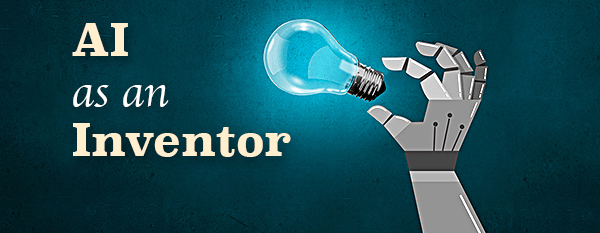AI as an Assistant
Many new software tools incorporating machine learning technologies are available for the IP industry, but our attendees report only modest success using them. No one in our three groups of roughly ten people is using an AI-based platform exclusively to perform their job functions, although several are experimenting with it.
With 14 million patents in force globally, using machine learning-based tools to more intelligently find relevant documents is almost a requirement. The overwhelming sentiment from our participants is that the tools are nice and getting more advanced, but traditional search methods are still necessary both to check the output and make sure nothing important has been missed.
We asked if anyone felt advancing AI technology is cause for concern, but the only issue which came up was understanding what’s going on inside the black box. In the US attorneys are responsible for knowing and understanding the processes used to gather information and it’s likely similar standards are in place in some European countries.
No one expressed fears about new technologies invading their lives in a negative way. When asked about potential negatives of the new technology, we received comments like “It’s just statistics still” or “Why worry, it’s only math—even music is just math”. Another person said that with regard to work matters it’s great that computers don’t forget, because the human memory has limitations.

AI as an Inventor
A good deal of the conversations debated the legality of a patent application recently filed by an AI entity called DABUS in Europe, the UK, and the US. For applications to the EPO, current law states that inventors must be “natural persons” and in the US inventors must be “individuals”. In Germany, inventors are awarded a fee from the government and someone in our groups wondered who would receive this fee and sign the paperwork.
Participants made some very insightful points we hadn’t considered before. For example, what kinds of rights would an AI entity have? Would the AI be responsible for fee payments or be liable for infringement? The AI itself could not be party to litigation.
There were several comments touching on the similar theme that AI itself can’t be an inventor without a human behind the process. The person who asks the question or programmer who guides the AI is the true creative force. Ultimately the value of the invention must be judged by humans to be useful and realistic to bring to market.
AI as an Interpreter
In the US we are very familiar with the growing capabilities of Google Translate, and in fact IFI is now making use of it to translate the 48 languages in CLAIMS Direct. At IPSW, a few participants spoke highly of a German company called DeepL that offers free machine translation on their website called DeepL translator, an app download that can be integrated into both Mac and PC operating systems, or as a paid service via an API.
The feeling among our groups is that while machine translation has come a long way, it’s not completely optimized yet. Native language speakers should still review the original and translated text and make corrections for important documents.
AI as Intelligence
Current AI technology is almost entirely composed of machine learning algorithms, but advancing systems such as IBM Watson are now dabbling in deep reasoning. Instead of ingesting massive data sets about a specific subject to make judgements, deep learning is capable of applying knowledge gained in one subject area and applying it to another.
We asked roundtable participants for their thoughts on the future of AI and its implications, wondering if a European audience would have differing concerns about privacy and job loss due to automation of basic tasks. Our group didn’t mention any specific fears on these topics and seemed to think the widespread use of deep reasoning is a long way off and not worth worrying about yet.
Summary
- Participants in our roundtable discussions report AI technologies are beginning to have an impact on IP management, but no one is relying on them exclusively.
- The role of AI in the invention process will soon allow for exciting possibilities but presents many questions as to how this will play out in a legal sense.
- Machine translation has come a long way and is adequate for gaining a basic understanding of a foreign language document, but expert translators should be used when the stakes are high.
- AI using deep reasoning technology is not something that’s going to shake up the world immediately and shouldn’t be feared at this point.